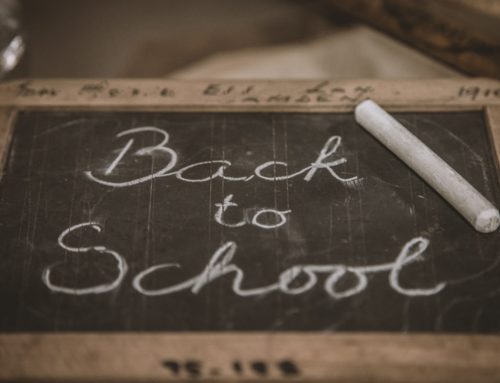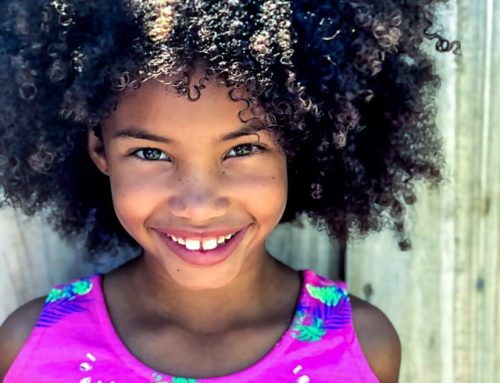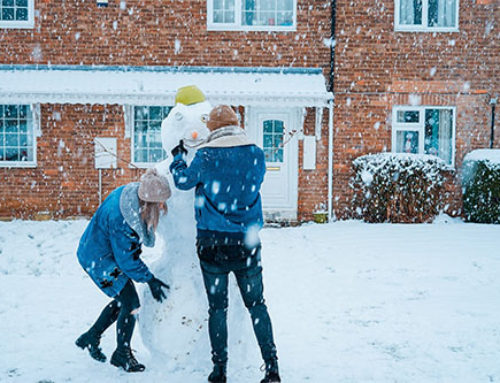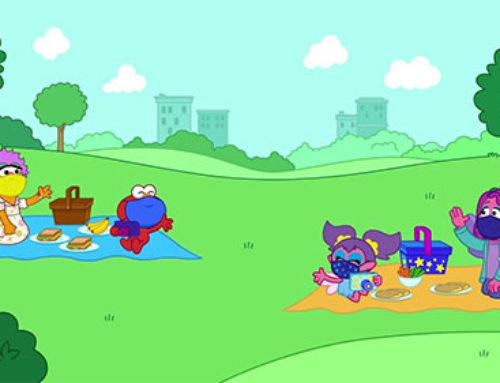We are a year into the Covid-19 pandemic. A year later we now have three vaccines available. Hope of forming a new normal where we can all be together feels more within reach as these vaccines are being distributed. Throughout the past year many people’s mental health were impacted directly and indirectly by Covid-19. Many young people’s social, emotional, and mental well-being has been impacted by the pandemic. Vaccines provide hope, but the struggle and losses of the last year could have potential long-term effects. It is vital to continue paying attention to your kids’ mental health and care for your children’s mental health just as you do for their physical health.
Some of the challenges children and young people face during the COVID-19 pandemic relate to:
- Changes in their routines
- Breaks in continuity of learning
- Breaks in continuity of health care
- Missed significant life events
- Lost security and safety
CDC developed this COVID-19 Parental Resource Kit: Ensuring Children and Young People’s Social, Emotional, and Mental Well-being to help provide support for young people and their families. Check out the resources list and click the links for different age groups:
Early Childhood (0-5y) | Childhood (6-12y) | Adolescence (13-17y) | Young Adults (18-24y)
What Should You Do?
Invite your child to talk about how they are feeling. Keep in mind that adolescents and young adults may try to hide their struggles because of fear, shame, or a sense of responsibility to avoid burdening others. Unfortunately there is still a lot of stigma surrounding mental health issues. Younger children may not know how to talk about these feelings but they may tell you through changes in their behavior or development. Check out Mental Health During COVID-19: Signs Your Child May Need More Support on what signs to look out for and other suggestions of what you can do.
Keep an Eye on the Kids
Pay attention to your child’s behavior and take note if your child becomes moody or withdrawn, has major changes in appetite and/or sleep. If your child is actively in crisis, call 911 or crisis hotlines like the National Suicide Prevention Lifeline (1-800-273-8255). If it’s not a crisis, start with your pediatrician. Your doctor should be able to steer you toward someone to talk to and where to get help.
Keep Social Connections
We have to help young people to stay connected socially as much as possible in safe ways. Physical distancing is encouraged, but that does not mean losing our social connections. We have spent a year coming up with creative ways to stay in touch, celebrate big moments, have fun, and experience grief together. Those creative methods may have to continue despite the vaccines, but the light at the end of the tunnel is growing brighter.
Be Real About the Struggle
Remember back in March 2020 when we were told it’d take two weeks to flatten the curve? Do you remember the feelings of massive disappointment when two weeks passed and the curve was still a curve? Now here we are in March 2021 with vaccines, but the roll out may cause the same feelings of disappointment and frustration. Don’t hide these feelings. Be open about them and discuss them with each other. Check in on how you’re feeling and how your children are feeling. Kids are smart and pick up on your feelings. Older kids may be experiencing similar feelings as you, but don’t know how to cope. They need you to be open.
Helpful Articles
- Expert Tips on How to Help Kids Reengage with Each Other in a Post-Pandemic World
- ‘I Want It Now!’: How to Talk to Kids About Being Patient for COVID-19 Vaccines
- Ask the Expert: How Can I Prepare My Child to Go Back to In-Person Schooling?
- Why We Need Trauma-Informed Parenting More Than Ever
- Why your kid’s dark pandemic play is normal—and healthy (PDF Version)
- Child Mind Institute’s YouTube Channel
- Heavy Work Activities (Proprioceptive Input)… They Need Them, They Crave Them!
- Help Your Child (and Yourself!) Handle a Virtual Learning Meltdown
- 11 Simple Self-Care Habits for Kids
- Reconnecting & Respecting (Addressing how families may approach social distancing differently to kids)
- Helping Families With Young Children Navigate Transitions in the Aftermath of Pandemic Restrictions
Other Resources
- DBSA: Outside Resources
- CDC: Children’s Mental Health
- APA: Children’s Mental Health
- NIMH: Children and Mental Health
- Create a Mental Health Family Tree
- Erika’s Lighthouse: A Parent to Parent Handbook
- Erika’s Lighthouse: Language for Parents During Time of Worry
- Good Mental Health is for Everyone Game







